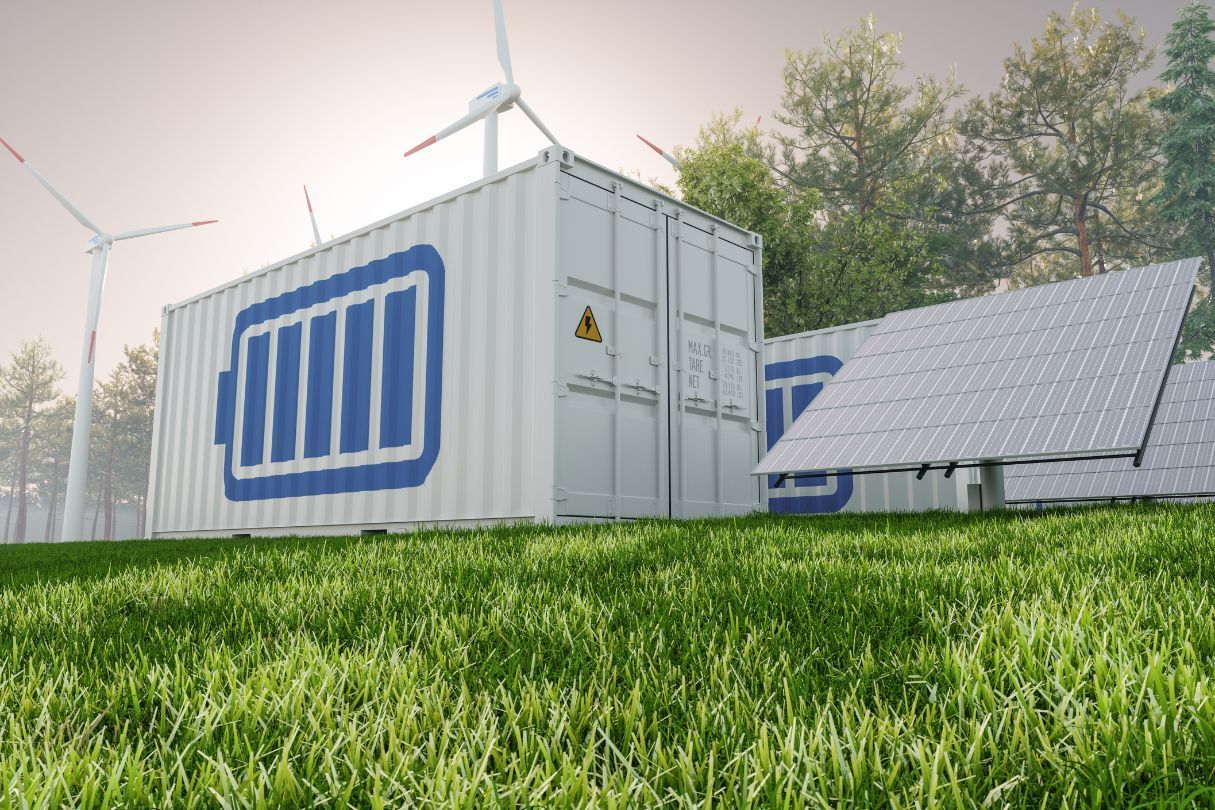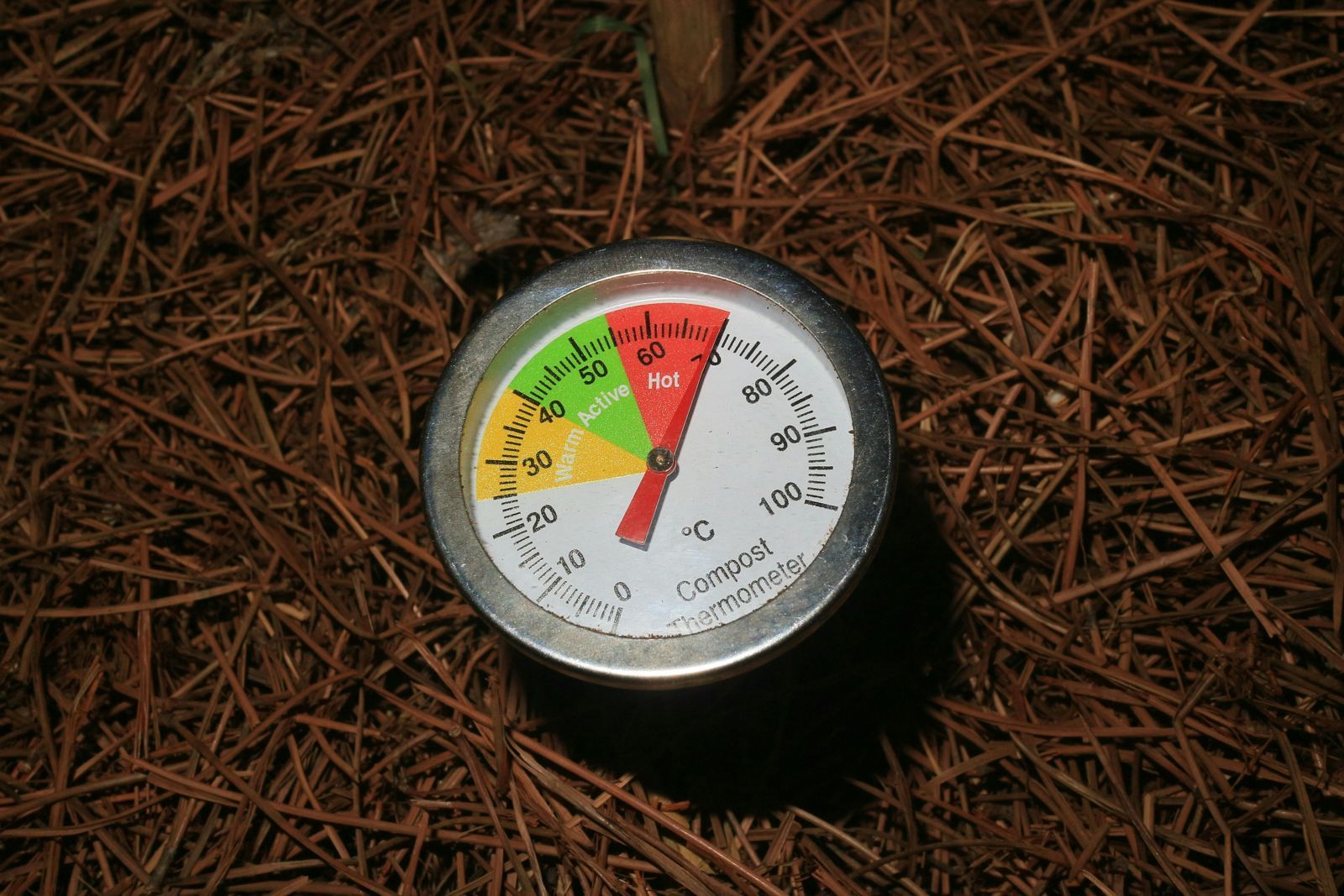Increasing Efficiency With Energy Storage Integration

As we begin to increase our
priorities with
sustainability and energy
efficiency worldwide,
air source heat pumps are growing
substantially in popularity. In recent years, we have experienced many technological
advancements making it possible to
integrate energy storage systems with air source heat pumps, thus providing a more
energy-efficient and cost-effective heating and cooling solution. This blog post will allow us to explore the
advantages of incorporating air source heat pumps with energy storage systems.
Understanding Air Source Heat Pumps
Air source heat pumps are an energy-efficient
heating and
cooling system that utilise
renewable heating technology, they
extract heat from the outside air and
transfer into your home to heat it. This process results in dramatically
lower carbon emissions due to the sheer energy
efficiency, when compared to conventional heating systems. Air source heat pumps also have the ability to heat and cool your home,
eradicating the need for
two separate systems, making it a
versatile solution all year round.
The Role Of Energy Storage Systems
Energy
storage systems, such as batteries or
thermal storage units, are essential when looking to
improve the efficiency of air source heat pumps. These systems have the ability to store
energy generated when the system is in
low demand, that energy is then
released when needed, creating a
consistent heat supply. By
integrating an energy storage system with an air source heat pump, you are able to
lower your reliance on energy from the
electrical grid,
decreasing your
expenses and improving the
performance of your system.
The Advantages Of System Integration
A number of
benefits become available when you
combine your air source heat pump with energy storage. One of the most
prominent advantages being enhanced energy
independence, as you are now able to store
extra energy ready for later use. As well as this, integrating these systems
decrease energy
waste, lower utility
bills and
optimise energy use.
The Future Of Residential Heating
As our society becomes more environmentally conscious, the demand for sustainable heating systems grow, the integration of air source heat pumps and energy storage systems is expected to become increasingly popular in residential heating. Combining these systems present a more environmentally friendly and cost-effective heating solution for homeowners. With continued technological advancements and increasing awareness of the advantages of energy storage, the future of residential heating appears more viable than ever.
In conclusion, combining air source heat pumps with energy storage systems is an appealing approach to improving energy efficiency and sustainability within your household. By integrating a renewable energy system and innovative storage technologies, we are able to benefit from a sustainable, cost-effective heating and cooling solution, requiring less dependability on the electrical grid. The future of domestic heating is looking to advance even further, and the integration of air source heat pumps with energy storage will undoubtedly play a part in that.
You might also like











